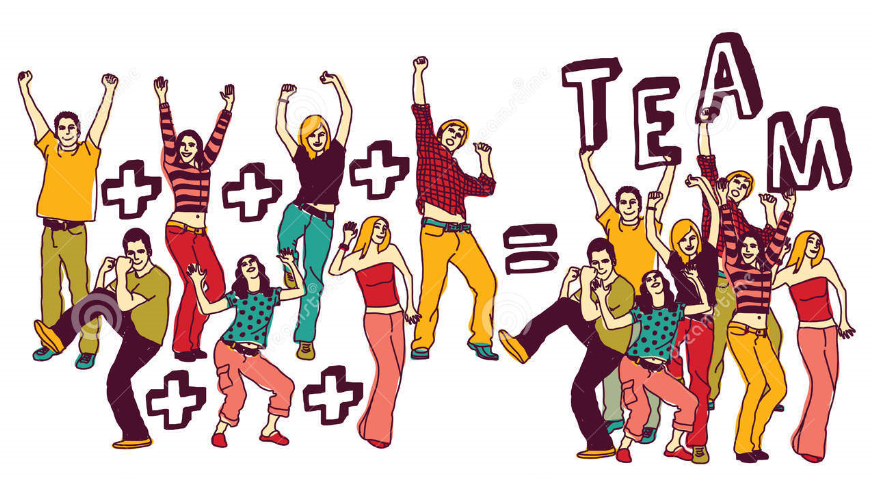One of the often-cited traits of “real teams” is that they have shared goals. I’m not convinced that the distinction between real teams and other kinds of teams is valid, but that’s for another post. What I am clear about is this: While shared goals are important, they aren’t what makes a team effective or more collaborative or, if you ask me, “real.”
Read MoreA few years ago, one of my HR colleagues called me with a request. “There’s this finance team I support and they are so dysfunctional it’s unbelievable. Can you help?” I paused, uncertain how to answer. I’d always felt that I was good with troubled teams, that I had a knack for working with dysfunction. But in this case, I balked.
Read MoreWhat do you mean when you use the word, “teamwork”? Teamwork means different things to different people in different circumstances. Because the word has so many meanings, and because collaboration is more important than ever, we have to be more precise about what we mean by teamwork. This is especially true if we want to foster it in our workplaces.
Read MoreIn my work at Mars, Incorporated I ask teams to think of low trust as a symptom of other more tangible issues, not as a problem in an of itself. I also remind them that trust, at its most basic, is an emotion.
Read MoreTrust isn’t a precondition for team success and we have to stop treating it that way. Don’t get me wrong; trust in teams matters - a lot. But too many teams believe that they need to build trust first in order to improve their performance or address their issues.
Read More




